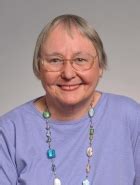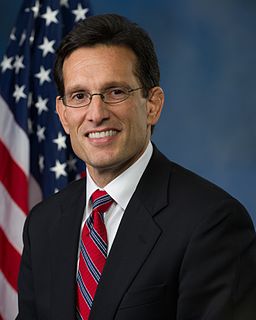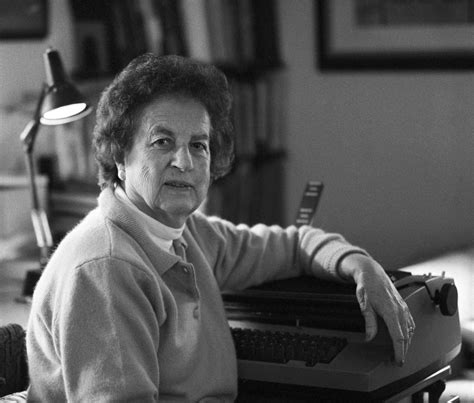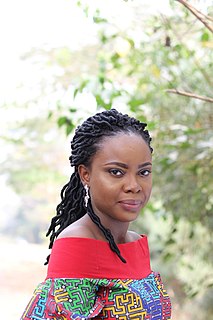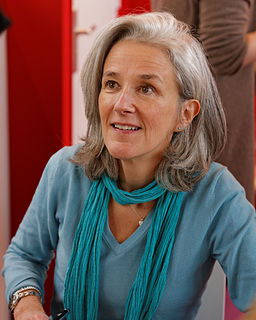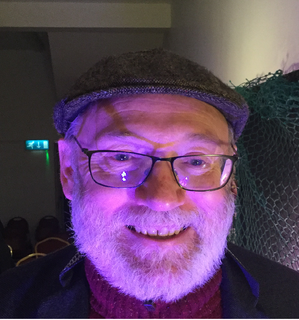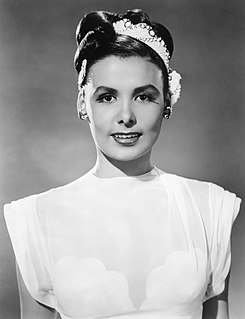A Quote by John Steinbeck
The cars of the migrant people crawled out of the side roads onto the great cross-country highway, and they took the migrant way to the West.... And because they were lonely and perplexed, because they had all come from a place of sadness and worry and defeat, and because they were all going to a mysterious new place, ... a strange thing happened: the twenty families became one family, the children were the children of all. The loss of home became one loss, and the golden time in the West was one dream.
Related Quotes
I was a lonely child. My brother Tony and I were never very close, neither as children nor as adults, but I was tightly bound to him. We were forced to be together because we were really quite alone. We were in the middle of the Irish countryside, in County Galway, in the West of Ireland, and we didn't see many other kids.
A good place to start is with the kids ... One of the great founding principles of our country was that children would not be punished for the mistakes of their parents. It is time to provide an opportunity for legal residence and citizenship for those who were brought to this country as children and who know no other home.
I mean, when I got to Brown, the place was riven, because you had older professors who were basically new critics and had been teaching a certain way for 30 years. And then you had this other gang who was down with the semiotic program. And as a student, you were, in a way, forced to choose which cohort you were going with.
I'm still very interested in the things that happened in the '80s and the '70s because I think that they were very important years for Nigeria. In the '80s, we were under a military dictatorship for quite a while, and I think that the way we engage with our country as citizens was shaped in many ways by the events that took place in that time.
The girl wondered: These policemen... didn't they have families, too? Didn't they have children? Children they went home to? How could they treat children this way? Were they told to do so, or did they act this way naturally? Were they in fact machines, not human beings? She looked closely at them. They seemed of flesh and bone. They were men. She couldn't understand.
Walter Benjamin knew that the break in tradition and loss of authority which occurred in his lifetime were irreparable, and he concluded that he had to discover new ways of dealing with the past. In this he became a master when he discovered that the transmissibility of the past had been replaced by the citability and that in place of its authority there had arisen a strange power to settle down, piecemeal, in the present and to deprive it of ‘peace of mind,’ the mindless peace of complacency.
Operation Peter Pan spanned from 1960-62 whereby over 14,000 children were sent away from their families in Cuba, some never to reunite again. Pan Am flights took the children to Miami FL, 'Never-Never Land', and the children became known as the 'Peter Pans.' I wrote this song for my daughter, and it is sung for all the daughters and mothers, fathers and brothers who felt this pain of separation all because of governments and their politics.
Here's a history lesson: when men took power of their lands, all of a sudden, women became a prize. In order for us to be protected, we had to make sure that we had our partner on our side. We were put in a position where our vulnerability was a life and death scenario. And we were taken advantage of, and we were put in a certain place that we had never been put in before.
The only acceptable way to solve ecological problems is if you can persuade people to have fewer children. In the Victorian times, there were families of 15 children. Someone like Edward Lear, he was the last of 21 children. And so what we have to think about is offering people the alternative choice. And in the West, that's what's happening. The birth rate has been dropping steadily and still is. I'm wanting human beings to be better off so they don't view children as an insurance for the future.


